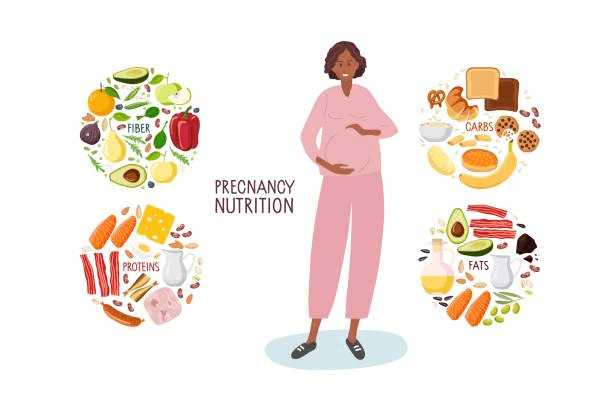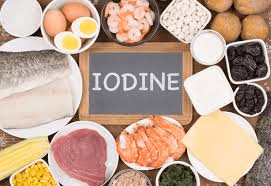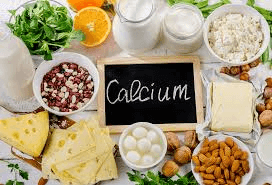Dealing with Nausea from Your Prenatal Vitamin: Can You Stop Taking It?

A prenatal supplement is a vital daily intake of vitamins and minerals essential for maintaining optimal health during pregnancy. Consultation with your doctor can help determine the most suitable prenatal supplement for your specific needs. Typically, a liquid multivitamin provides comprehensive nutrition necessary for both maternal and fetal well-being. Research indicates that prenatal vitamins, particularly those containing folic acid, can significantly reduce the risk of various birth defects.
Nausea while taking prenatal vitamins is a common concern for many women, attributed in part to the iron content which can exacerbate morning sickness. If nausea persists, try taking the supplement with meals or at bedtime. If these adjustments are ineffective, consult your healthcare provider to explore switching to an iron-free prenatal vitamin, especially beneficial during the first trimester when morning sickness is most pronounced.
Also read: The Truth About Caffeine During Pregnancy
Another potential cause of discomfort with prenatal vitamins is gagging, often due to the size of the pill. Discuss with your practitioner the possibility of switching to a chewable or smaller-sized supplement without calcium, which can be obtained separately through chewable calcium supplements, antacids, or dairy products. Additionally, ensure your supplement includes vitamin B6, known to alleviate nausea symptoms effectively.
Before discontinuing your prenatal supplement, carefully weigh your options. Inadequate intake of folic acid and essential nutrients during pregnancy can heighten the risk of birth defects like spina bifida. Furthermore, if your body naturally lacks iron, maintaining an iron supplement is crucial to prevent other potential pregnancy complications. Always seek guidance from your healthcare provider before making any changes to your prenatal supplement regimen to ensure the best outcomes for you and your baby.
Also read: Omega-3 Fatty Acids For Pregnancy: Essential Nutrients For Your Baby’s Development






